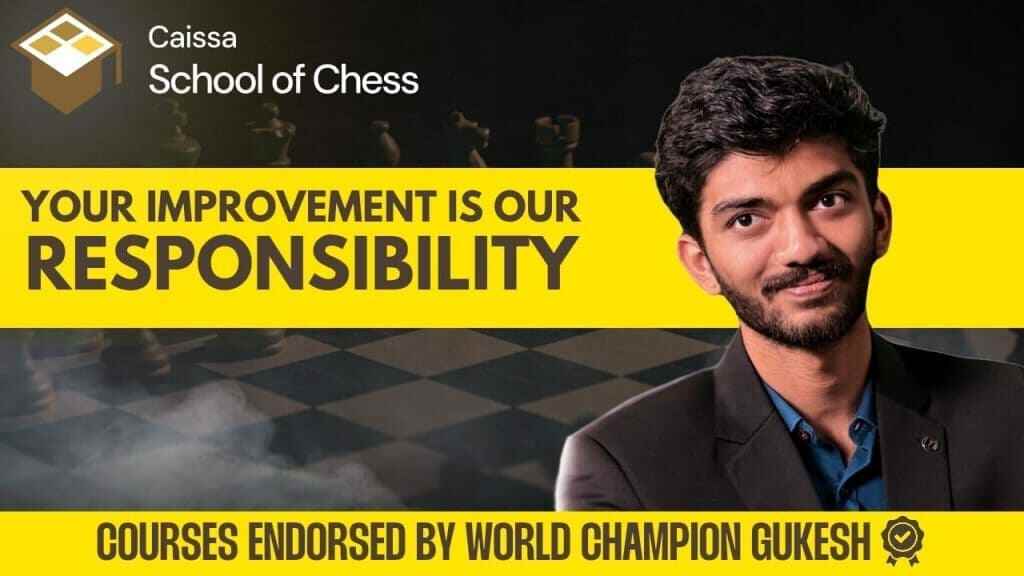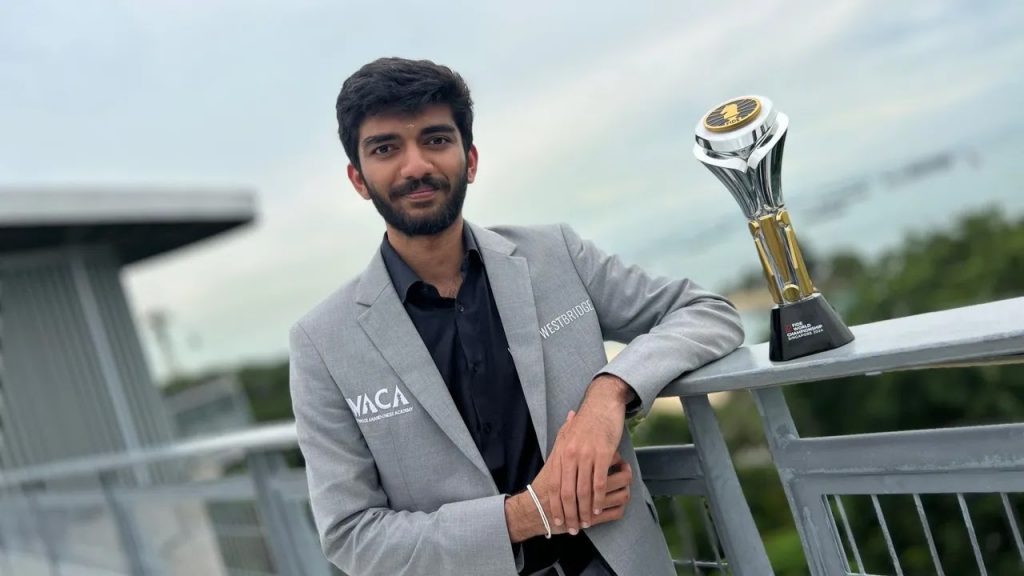
We all see the big moments — the shining trophies, the applause, the photographs that capture a champion’s smile. But what we don’t see are the quiet, everyday things that make those victories possible. The early mornings, the late-night practice sessions, the stubborn determination to sit down and study one more game.
In chess, it’s not just talent that separates the good from the great — it’s the habits built slowly, quietly, over time. Players like Viswanathan Anand, Magnus Carlsen, or Gukesh aren’t just masters of strategy; they’ve made chess a part of their daily rhythm. The way they prepare, the way they think, even the way they rest — everything is intentional. This is exactly what How CircleChess Builds Champions aims to highlight: the strong, consistent habits that truly drive long-term improvement.
So, if you’ve ever wondered what really goes on behind those brilliant moves on the board, let’s take a closer look at what makes a true chess champion — and how you can start learning from them.
Consistency Beats Motivation

Most people think champions are always motivated. They’re not. They just stay consistent when motivation fades.
Viswanathan Anand once said that even during his toughest
times, he didn’t stop analyzing. “If you don’t touch the board
for too long,” he said, “you start losing your connection with
it.”
That line sums up what consistency really means. Champions show up, even when they don’t feel like it. They review old games, study endings, or solve a few puzzles before bed. It’s not about doing a lot once; it’s about doing a little every day.
Reflection After Every Game
Here’s a secret that separates elite players — they don’t move on after a game; they reflect on it. Magnus Carlsen often watches his own games minutes after finishing them. Not to boast, but to look for small errors, a move that could’ve been better, a slightly slow plan.
In contrast, many young players skip this step. They win, they celebrate; they lose, they forget. But champions know improvement hides in the details. Even a draw can reveal new lessons. This mindset is at the core of How CircleChess Builds Champions, because reflection is one of the most powerful tools a player can develop.
This is why tools that let players review their mistakes matter. A well-timed reflection can save weeks of repeating the same error.
Balancing Study and Play

Great players don’t just study — they experiment. You can memorize all openings in the world, but if you never sit down and play real games, theory becomes useless.
Gukesh, for example, once shared in an interview that he treats online blitz games like “labs.” He tests ideas, blunders freely, and learns patterns that books can’t teach.
That’s how real growth happens — a balance of learning, testing, failing, and adjusting.
Physical Health, Mental Strength

You’d be surprised how much chess depends on physical fitness.
During the World Championship 2021, Carlsen’s team revealed
he trained like an athlete — running, swimming, even lifting weights.
Why? Because long matches drain your energy, not just your brain.
A tired mind makes bad decisions. So, champions keep their
bodies in tune with their brains. Even short walks, proper sleep, and a balanced diet can change performance dramatically.
It’s not about becoming a bodybuilder — it’s about stamina and clarity when the pressure builds.
Handling Pressure Like a Pro
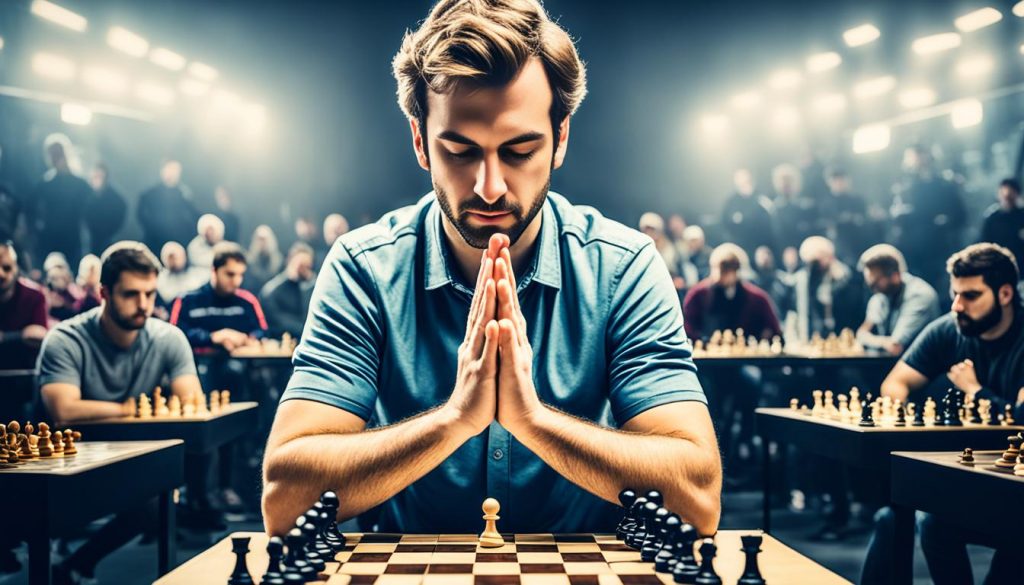
Here’s something you can’t learn from a book — how to stay calm when your clock is ticking and the board looks like a battlefield.
Chess, at the highest level, is mental warfare. There are moments when your hands shake, and your brain feels foggy.
Anand once said, “You can’t control the position on the board, but you can control your state of mind.”
Champions practice breathing, visualisation, and even meditation to steady their thoughts. They don’t panic after a blunder; they adjust. That calmness is often the real superpower.
The Role of Environment
No one becomes great alone. Behind every strong player is a support system — coaches, peers, family, or
community. When you’re surrounded by other chess minds, your learning multiplies. Ideas bounce around, games become lessons, and competition turns friendly but sharp.
That’s one big reason why the chess boom in India worked so well. Kids from Chennai, Delhi, and Pune started forming small study groups. Some used online platforms to play together daily. That environment helped create prodigies like R Praggnanandhaa and Vaishali — both now global names.
The Role of CircleChess in Building Champions
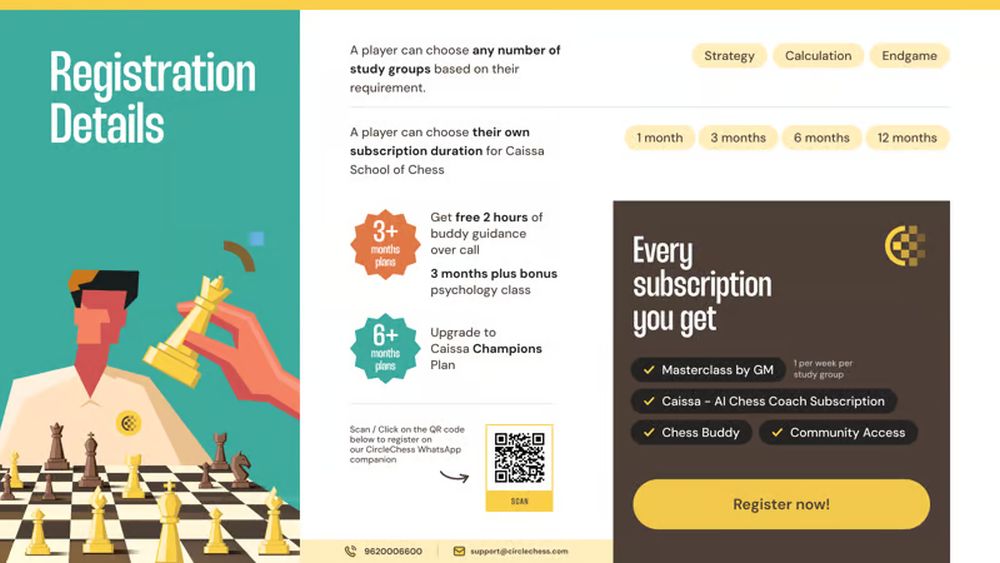
Now, let’s talk about how modern tools support this same journey. This is exactly where How CircleChess Builds Champions becomes clear — through a system built for real player development. CircleChess has become one of the most exciting platforms for developing players — not just because of technology, but because it understands what real training means.
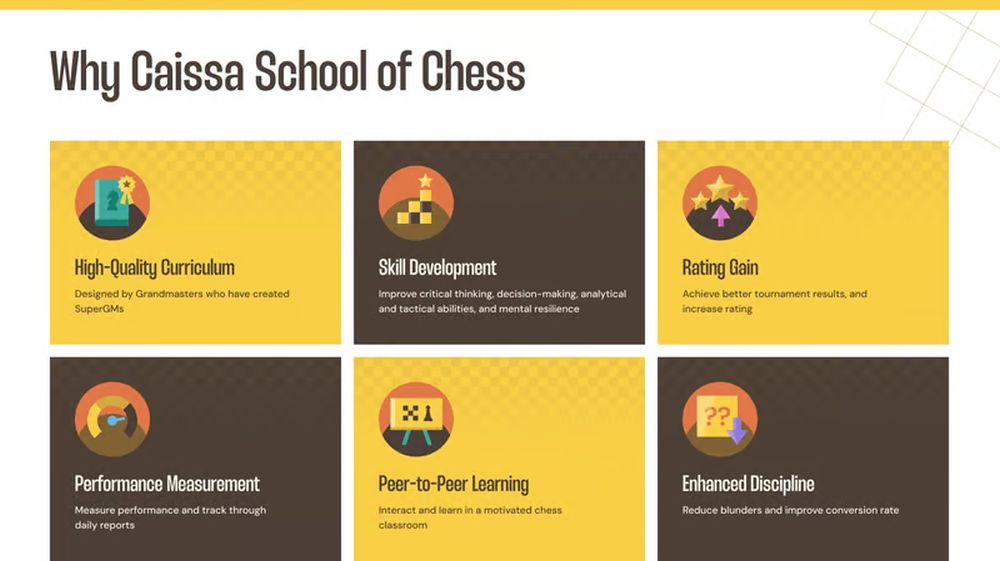
At CircleChess’s Caissa School of Chess, players learn directly from Grandmasters and International
Masters who share their methods, routines, and preparation styles. It’s not about memorising moves — it’s about learning why those moves matter.
- Structured Courses: Lessons that move from basics to advanced play in clear steps.
- Live Classes: Real-time interaction with coaches who analyse your games, not just your results.
- Performance Tracking: Parents can monitor progress, see skill improvements, and track
tournament readiness. - Psychology Sessions: Students are trained to handle pressure, recover from losses, and play
with focus. - Practice & Tournaments: Daily puzzles, tactical drills, and in-app tournaments help turn
learning into a habit.
CircleChess isn’t a quick app you forget after a week — it’s a full ecosystem where players, parents, and coaches grow together. Whether it’s a kid dreaming of being the next Gukesh or a hobby player wanting structure, this platform gives both a solid base.
Real Examples of Grit and Growth
Look at Abhimanyu Mishra, the youngest Grandmaster in history. His path wasn’t a straight road. He faced losses, travel exhaustion, and financial pressure. But he stuck to his plan — learning, improving, repeating. That consistency and sacrifice created history.
Or Vaishali Rameshbabu, who once lost crucial matches early in her career but never let it define her. Today, she’s among the most admired female players in the world — because she learned to recover fast.
These are the stories that prove talent isn’t everything. Habits, mindset, and persistence win the long game.
Conclusion – Champions Are Made in the Small Moments

When we see a player lift a trophy, we see the result —
not the process. What we don’t see are the mornings spent replaying lost games, the quiet moments before a big match, or the late nights solving endgames when everyone else has gone to sleep.
Champions are not made by brilliance; they’re made by habits. And that’s exactly what How CircleChess Builds Champions aims to cultivate — the daily discipline that separates good players from great ones.
And that’s the real lesson chess teaches — discipline, patience, reflection, and courage. Whether you’re training your child, starting your own chess journey, or just curious about what makes great players different, remember: it’s not one big move that defines success. It’s the thousands of small, consistent ones.
So maybe it’s time to start your own routine. A few minutes a day. A puzzle, a match, a reflection. That’s where every champion begins — one move at a time.

